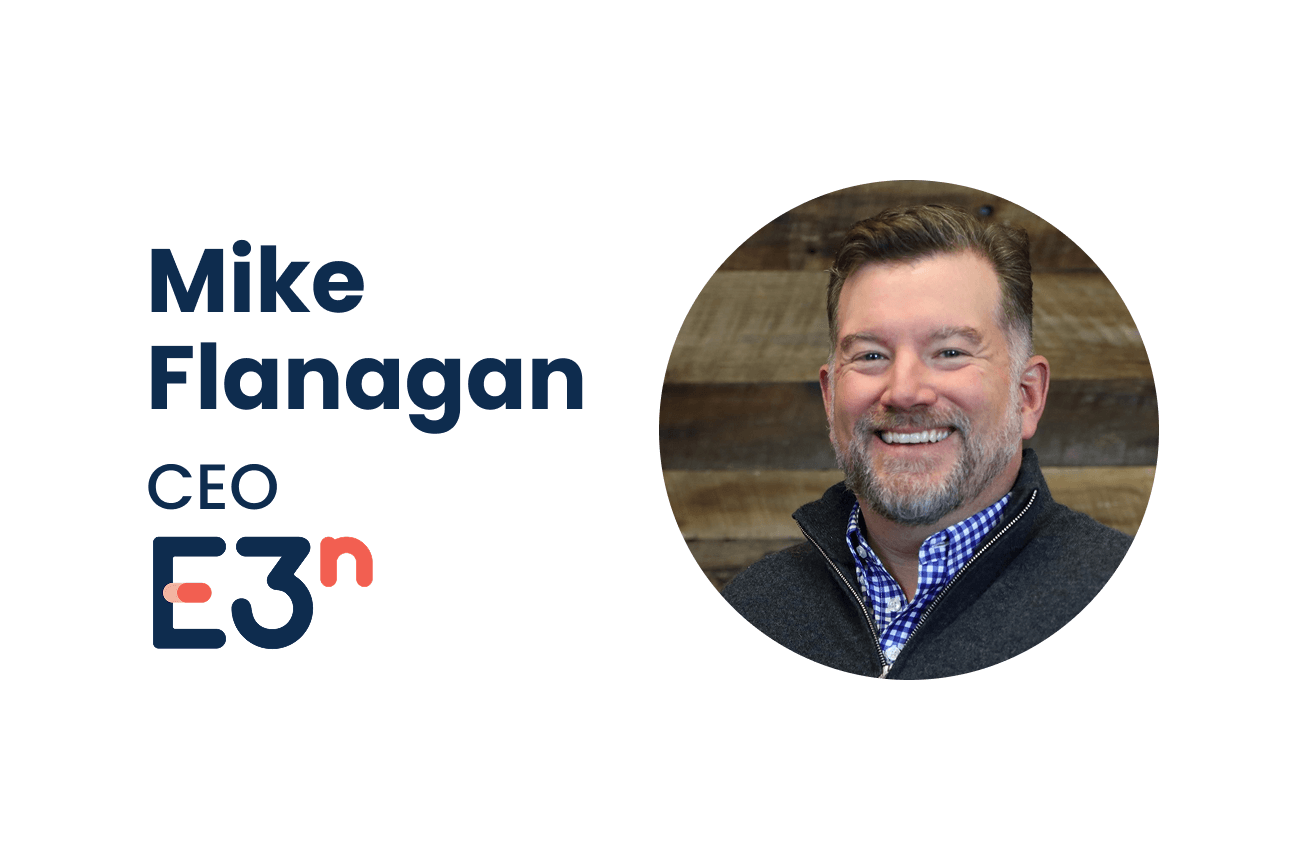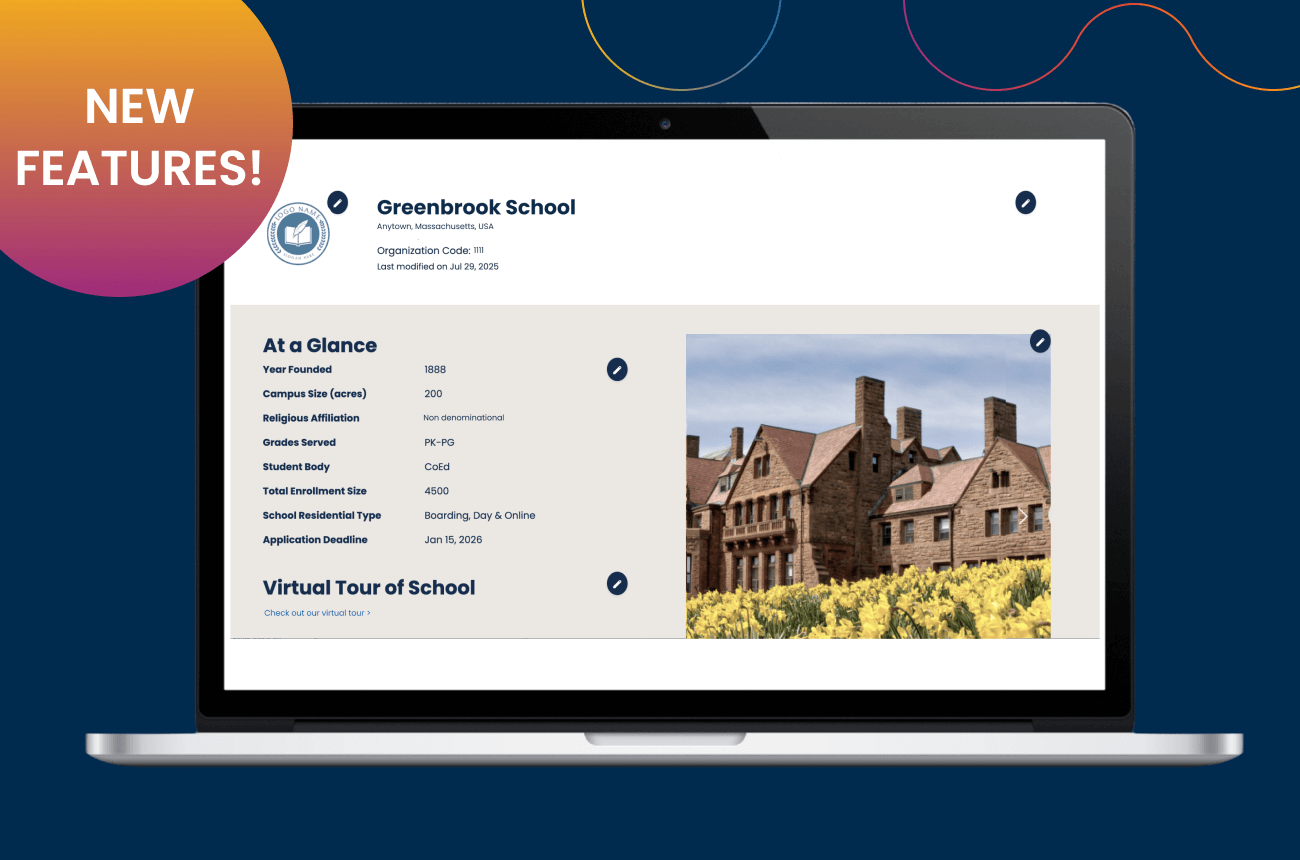The Interview: Am I Buying or Am I Selling?

by Sam Washington
For more than a quarter of a century, I have interviewed students as a part of the admission process to independent schools. While my estimated 5,000 or so interview hours brings me only halfway towards reaching Malcolm Gladwell’s mythical 10,000-hour threshold for expertise, I hope that my experience (and not just the fact that I collect a salary) qualifies me as a professional interviewer. Unlike those in most other professions, I did not earn a degree that prepared me for my chosen field. Unlike most others who work in education, I have received little to no training in my discipline. In my 25-plus years of interviewing, not once have I had the opportunity to observe someone else interviewing, nor has anyone ever sat in on or observed one of my interviews to critique my style or offer any substantive feedback.
How do I know how effective I am when it comes to the subjective art of assessing whether an applicant is “qualified” to gain admission to my elite independent secondary school? How do I know if, in those 30 minutes of interview time, I have effectively marketed my institution? For me, these queries lead to one overarching question: With which type of training and with what skills should every interviewer be equipped to ensure that we are effective professional interviewers?
In many cases, the interview is the first face-to-face interaction between the school and the student/family. Your school’s website, its marketing materials, and its reputation have helped draw families to consider your school as an option, and they have arrived on your campus for their tour/interview. When considering what form the visit and interview should take, I would draw a comparison to that of a buyer walking into the showroom of a luxury car dealership. By all accounts, the buyer, just like that family, is highly interested in and somewhat knowledgeable about your product. In every way, this appears to have the potential for a sale. As the salesperson, whose livelihood is dependent upon getting people behind the wheel of one of your cars, what are the top priorities in this brief window of opportunity? How have you been trained to approach this situation? Is your first priority to assess the customer’s credit worthiness? Is it to evaluate how much income they might have at their disposal? Or are you more interested in attempting to engage them by making an emotional connection between your product and their needs? In the case of the car salesperson, the answer is quite obvious. The primary goal is to draw that buyer in and to close the deal.
While an admission interviewer's goal may not be quite that straightforward, a part of the job includes serving in the role of salesperson. As interviewers, have we received the training required to be effective marketers or salespeople for our products? Have we been trained to sell what many consider to be a luxury item? When much of our competition comes increasingly from options that do not carry our price tags, do we have an understanding of what motivates people to buy our products? Do we know how to market our products as necessities, as opposed to luxuries? As much as we might want to avoid the comparisons between the work we do and that of the car salesperson (especially the used-car salesperson), our tasks are similar. Understanding the needs, the motivation, and the emotion behind the decision to buy our products is critical for the skilled interviewer.
Unlike the professional salesperson, the professional interviewer must fulfill a dual role: Not only should interviewers be skilled in the art of selling, they must also understand the nuanced art of buying. A large part of the interviewer’s job (and in some cases the only stated part of the job) is to help assess the qualifications of an applicant and to make an initial determination as to “fit.” As interviewers, how well trained are we to make these assessments—to be successful buyers? When we sit across the room from that anxious adolescent or from those hopeful parents, how aware are we of conditions that might impact our ability to accurately assess “fit”? When and how do our implicit biases color our judgment? Do we understand what role the biases of the interviewees play in regards to their ability to present themselves? Should an understanding of how the implicit biases we all bring into every interaction be a mandatory part of interviewer training? Beyond the message that a firm handshake sends, or the importance of an applicant maintaining good eye contact, have we been trained to read and understand the nonverbal cues an applicant presents? Have we been trained to read what an applicant’s body language tells us?
While it is possible that anyone can wake up, roll out of bed, and become a good interviewer, it is assuredly more likely that with the proper training in a few key areas, we can all become more skilled and effective professional interviewers. As we consider how our schools market themselves, and how we assess an applicant’s potential fit, it is critical that the interviewer, that person on the front line, be equipped with all the skills needed to be both a good buyer and a top seller.
Five Interview Tips
1. Treat every interview as if it is your first. As the interview season grinds on endlessly, avoid the temptation to treat applicants as if you are assembling car parts on an assembly line.
2. Be empathetic. Try to put yourself in the shoes of applicants and imagine how they might be experiencing their encounter with you. Pay attention to age, power, race, gender, and class dynamics.
3. Check your surroundings. Is your office space inviting to all? Does your décor make statements?
4. Take a minute or two at the start to help the student relax. A few minutes discussing with a student how nerves work and offering tips to help them breathe and relax can go a long way towards getting a student to be themselves with you.
5. Have a sense of humor. It is ok to smile and laugh. More importantly, it is ok to get a smile or a chuckle out of the interviewee. Doing this at the beginning of the interview can be the start of a genuine and meaningful conversation.




